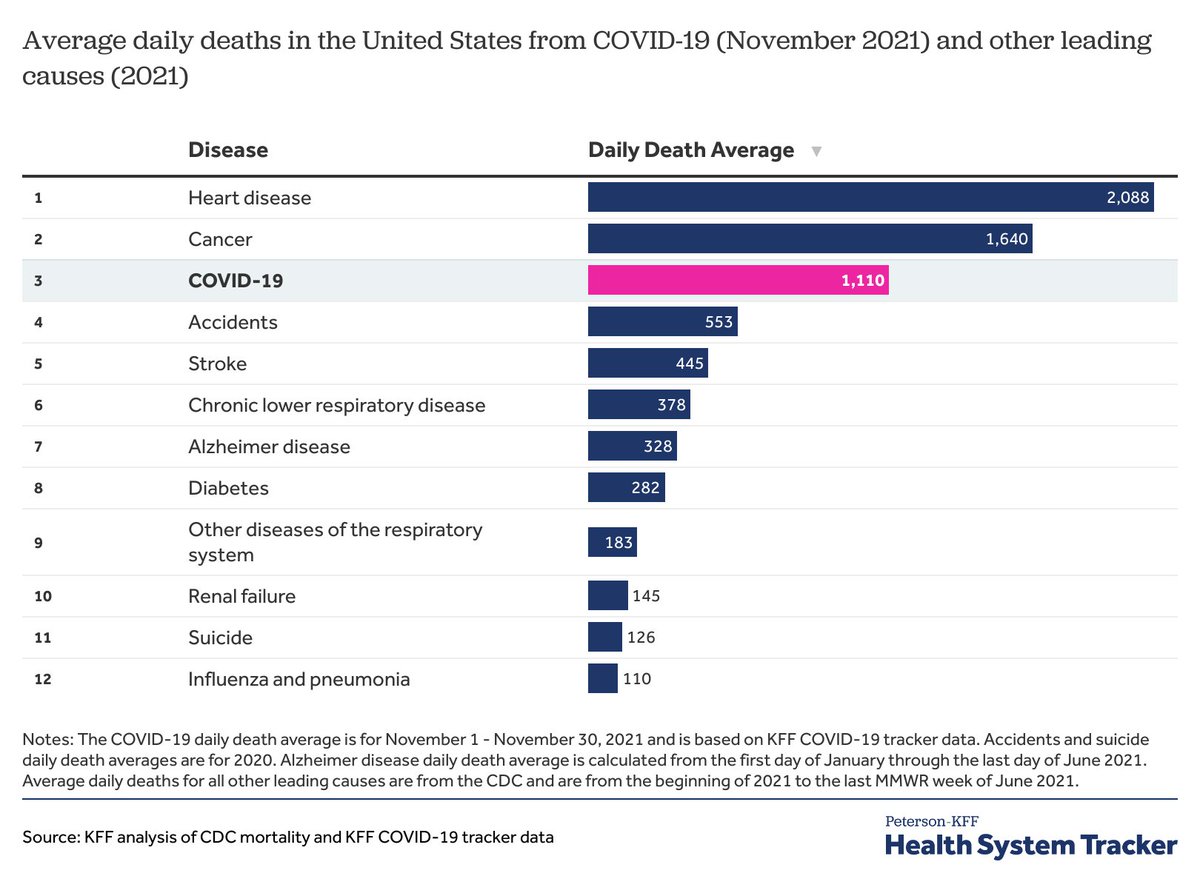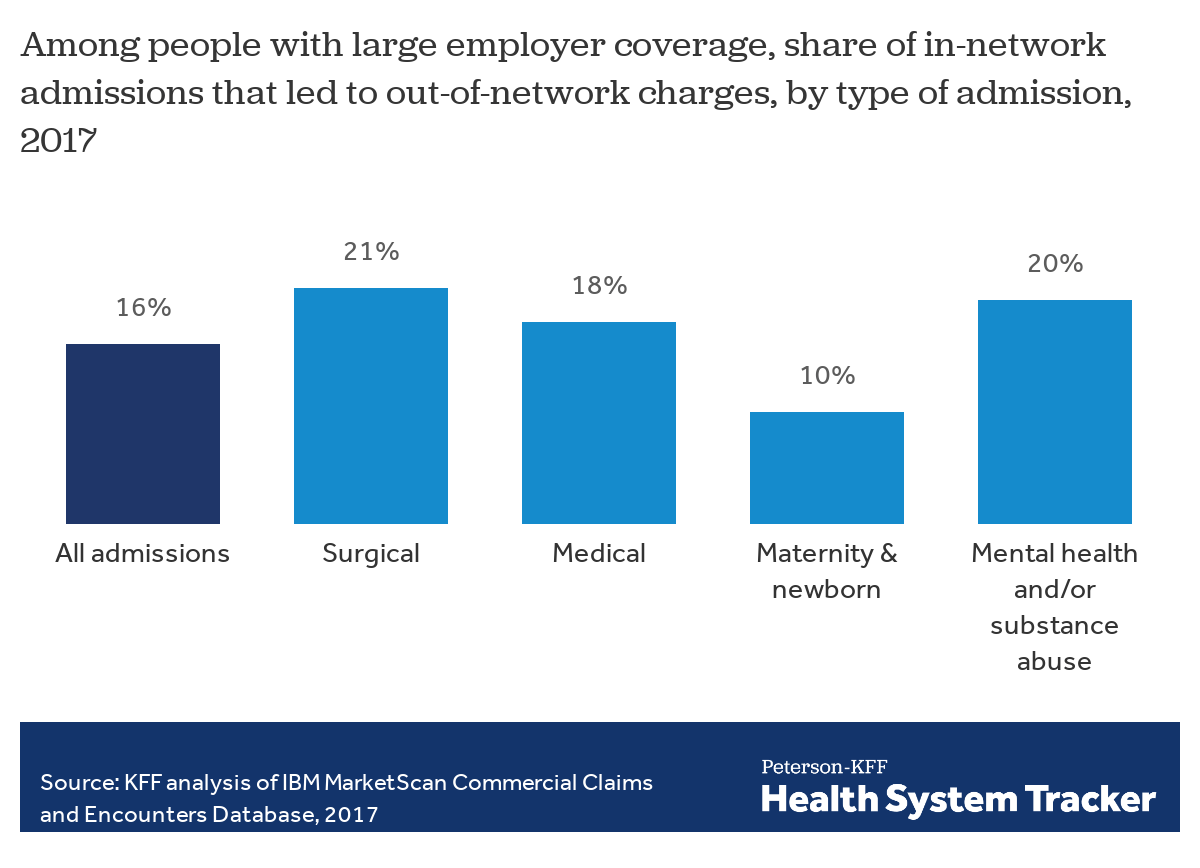
Health insurers were so profitable last year (during the pandemic) that they are now issuing $2 billion in rebates to consumers, as required by the Affordable Care Act (ACA/Obamacare) cms.gov/files/document…
2/ Why were insurers so profitable? Because people were using less healthcare. Fewer hospital stays, doctor visits, etc. (that's continued at least into early 2021)
healthsystemtracker.org/brief/early-20…
healthsystemtracker.org/brief/early-20…
COVID hospitalizations are still costly -- racking up billions of dollars. But, in 2020 at least, that was balanced out by people delaying or forgoing other medical care healthsystemtracker.org/brief/unvaccin…
4/ By mid-2020, insurers knew they were going to have to owe some big rebates. Some insurers started preemptively waiving premium payments. Many insurers also voluntarily waived the cost of COVID treatment. Some also waived telemed costs healthsystemtracker.org/brief/cost-sha…
5/ One in four adults reported delaying or going without needed medical care in 2020 because of COVID. It's not clear if or when that need will be met. Will all this delayed or missed care mean worse health outcomes in the long run? 

• • •
Missing some Tweet in this thread? You can try to
force a refresh














